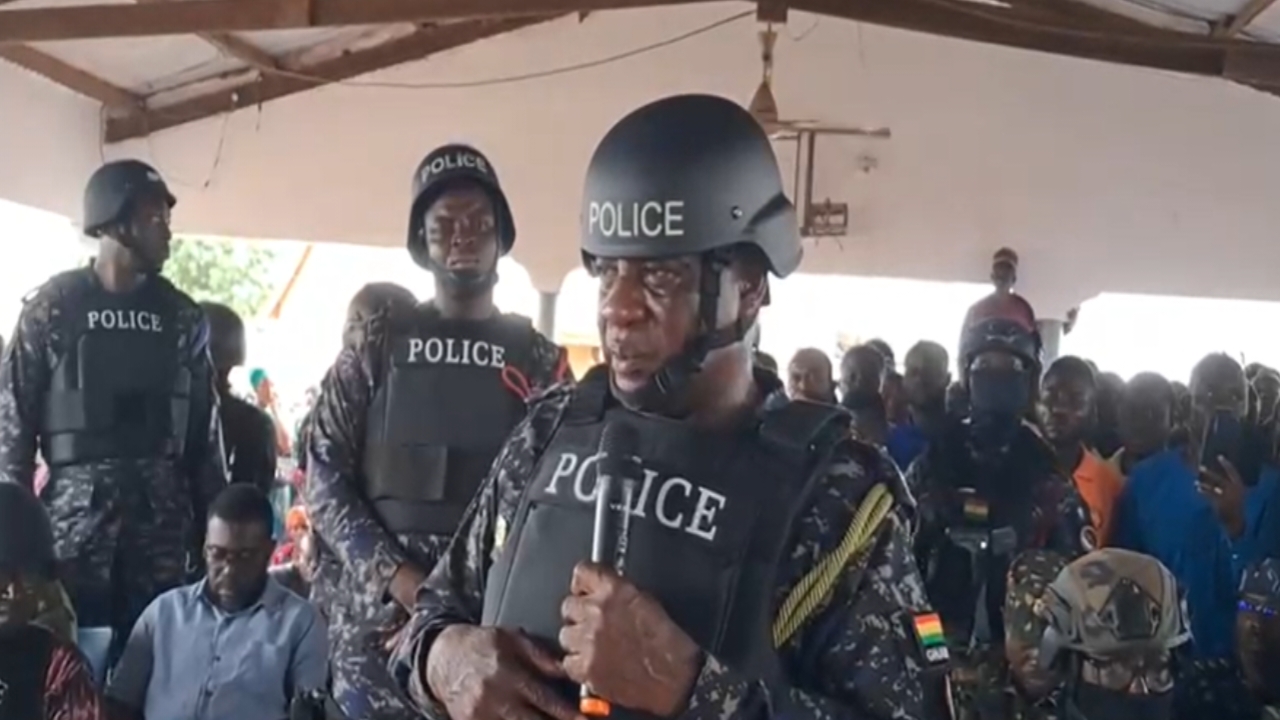The Minority in Parliament has raised serious concerns over a disturbing shift in the ongoing conflict in Bawku, citing direct confrontations between civilians and law enforcement officers. According to Rev John Ntim Fordjour, Ranking Member of the Defence and Interior Committee, the crisis has evolved from a long-standing tribal dispute into a volatile security emergency.
Speaking on Joy News’ PM Express on Monday, April 14, Rev. Fordjour described a humanitarian disaster unfolding in the Bawku area. “The situation is worsening by the day. People are terrified, children are unable to attend school, and essential services have come to a standstill,” he said.
He noted that doctors, nurses, and teachers are increasingly rejecting postings to the area, amplifying the region’s challenges. “No essential services are thriving at the moment,” he emphasized.
What was once a tribal conflict, he explained, now features a highly dangerous development: hostility toward the country’s security forces. “One of the factions appears to be engaging the police directly. This trend is extremely alarming,” Rev. Fordjour stated.
The MP highlighted that such confrontations could erode the authority of security institutions. “When the conflict moves beyond internal grievances to physical attacks on those assigned to protect citizens, the state’s foundation of law and order is put at risk.”
On behalf of the Minority, Rev. Fordjour appealed for immediate calm and self-restraint among all involved. “Bawku deserves peace. Each party must avoid retaliatory attacks because vengeance will only fuel more violence.”
He advocated for a united, non-partisan approach to resolving the Bawku security crisis. “This is not the time for political games. The government must lead with a fresh, inclusive strategy that transcends party lines.”
Rev. Fordjour also criticized past political rhetoric that may have deepened divisions. “We’ve heard statements suggesting conflicts rise or fall depending on which party is in power. Such narratives must stop immediately.”
Adding to the concern, he warned about the influx of sophisticated weaponry in the region. “The kind of arms circulating in Bawku is frightening. It’s empowering factions to stand up to the police, which is highly dangerous.”
He urged the government to investigate how these weapons are reaching civilians and to dismantle the supply networks involved. “The state must act fast and forcefully to cut off the source of these arms.”
Despite the seriousness of the issue, Rev. Fordjour expressed hope that a united national front, including support for the Otumfuo-led peace process, could lead to long-term stability. “We all must support government efforts and come together as a nation to restore peace in Bawku,” he concluded




